Language
WORLDWIDE SHIPPING
Microplane professional grater blade for large chips
€29.00
€23.77
Availability:
Out of stock
This mandoline-grater has stainless steel blades very sharpened and of long duration made in the United States
Entirely made in surgical stainless steel
Laser soldering for a higher resistance
Antislip feet in rubber for a better stability
Ergonomic handle
Adaptor finger protection available
Washable in dish-washer
Easy to store : reusable protection case (not washable in dish-washer)
Dimensions : 31,2 cm x 7,5 cm x 3 cm
The blade with large slits grates wide but very thin flakes of cheese, perfect to decorate appetizers and salads.
Perfect to cut chocolate, slices of ginger, seasoned cheese.
Entirely made in surgical stainless steel
Laser soldering for a higher resistance
Antislip feet in rubber for a better stability
Ergonomic handle
Adaptor finger protection available
Washable in dish-washer
Easy to store : reusable protection case (not washable in dish-washer)
Dimensions : 31,2 cm x 7,5 cm x 3 cm
The blade with large slits grates wide but very thin flakes of cheese, perfect to decorate appetizers and salads.
Perfect to cut chocolate, slices of ginger, seasoned cheese.
FAQs

 IT
IT FR
FR
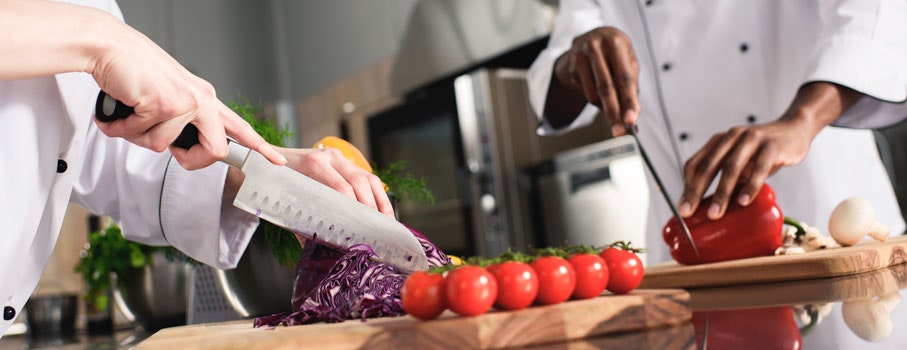
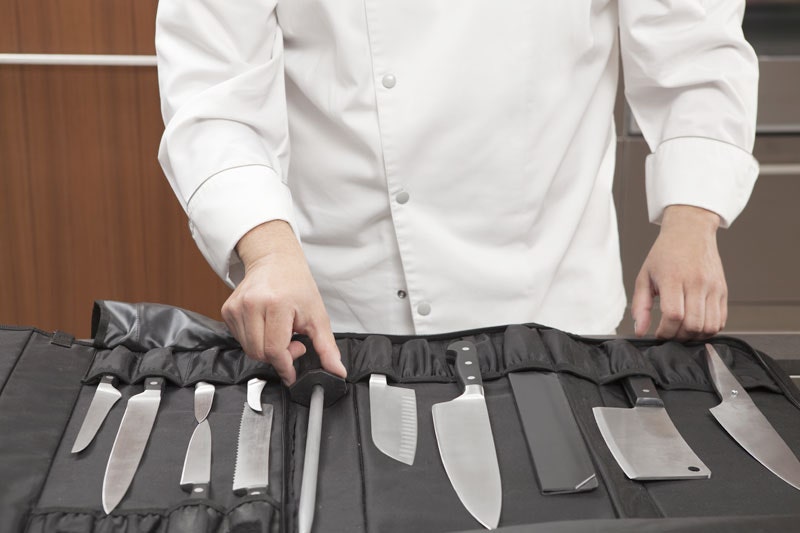
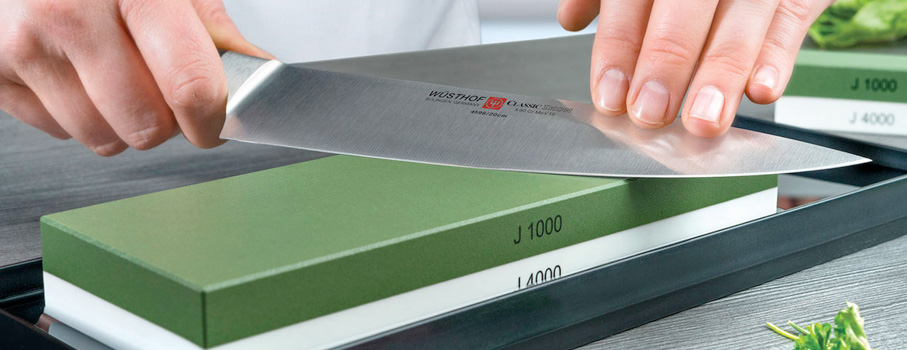
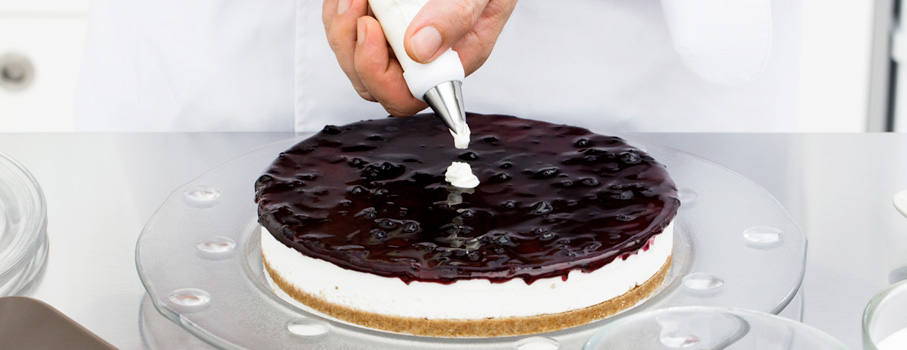

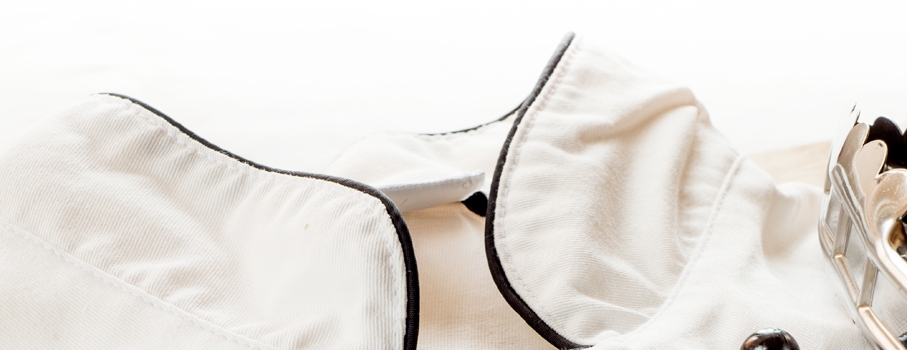

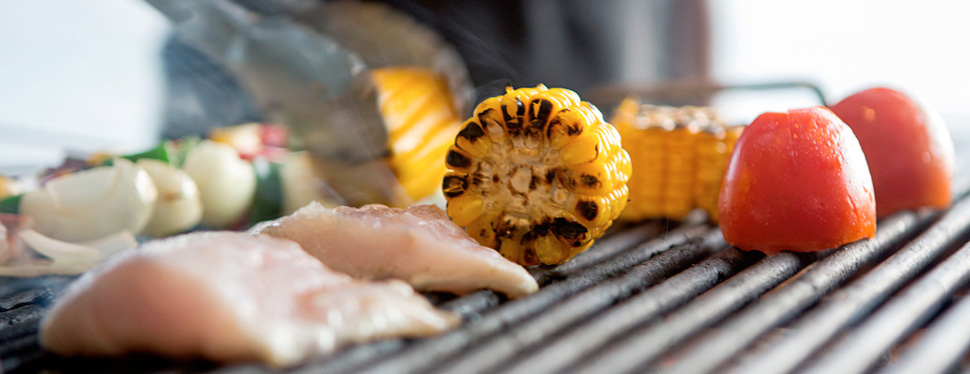

 IT
IT FR
FR
